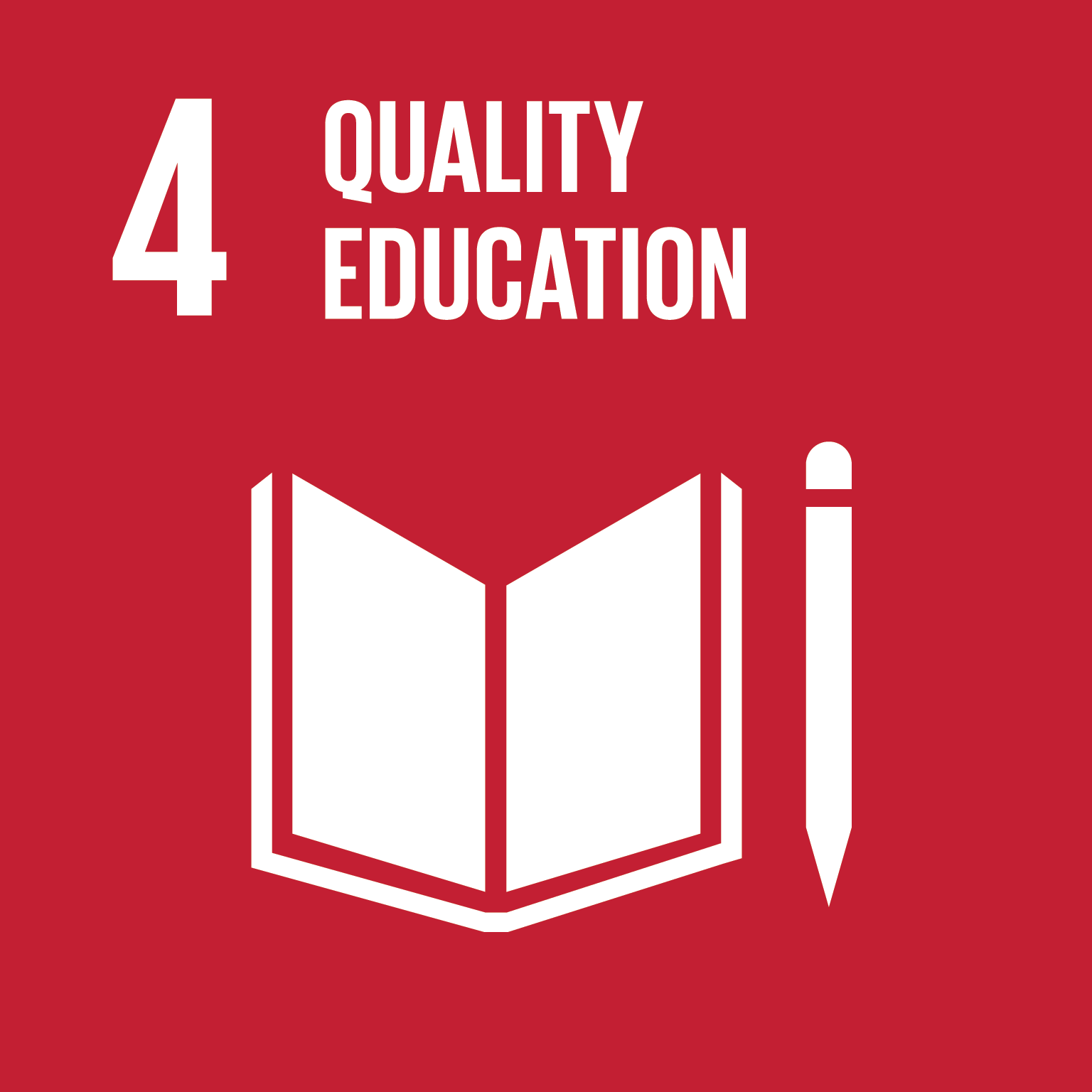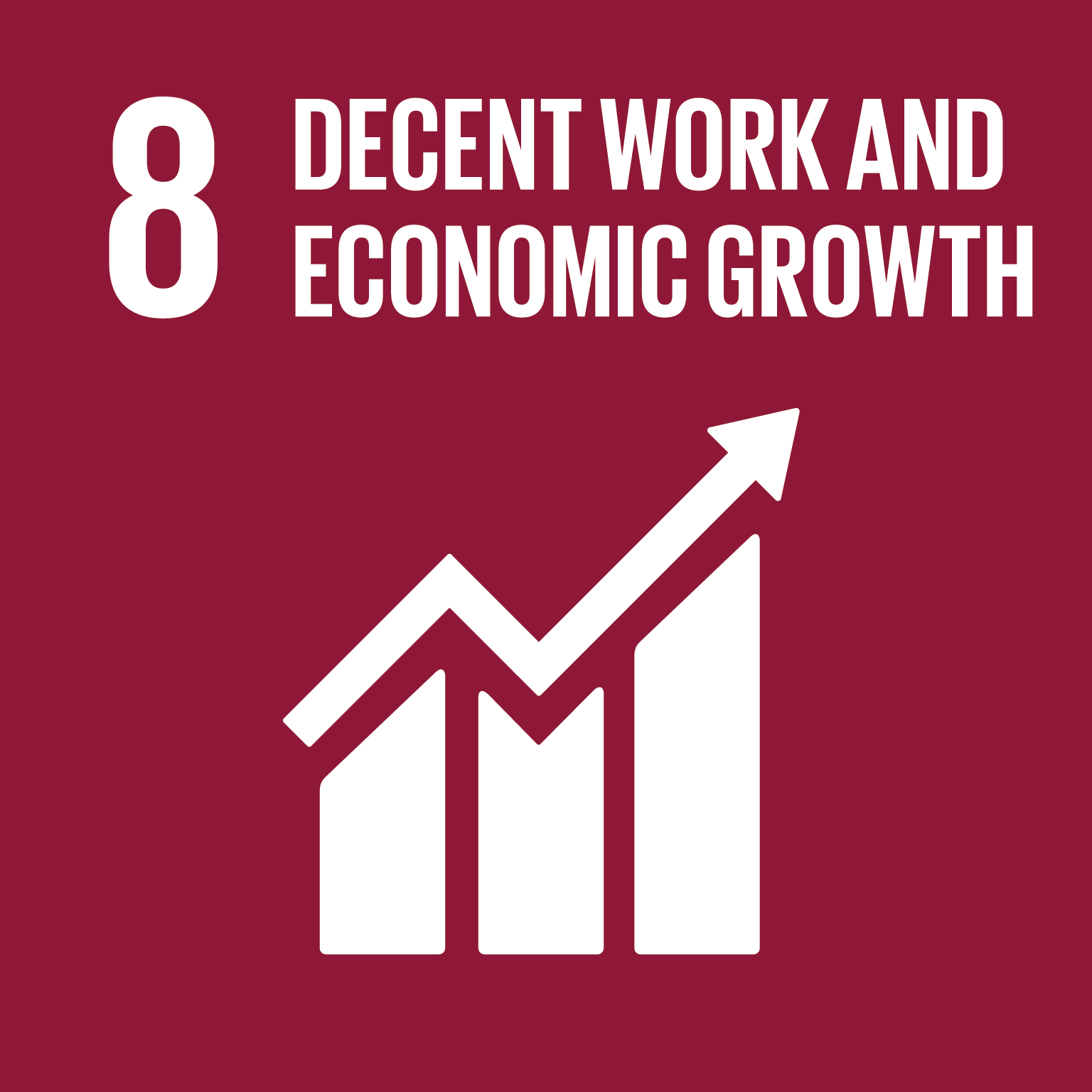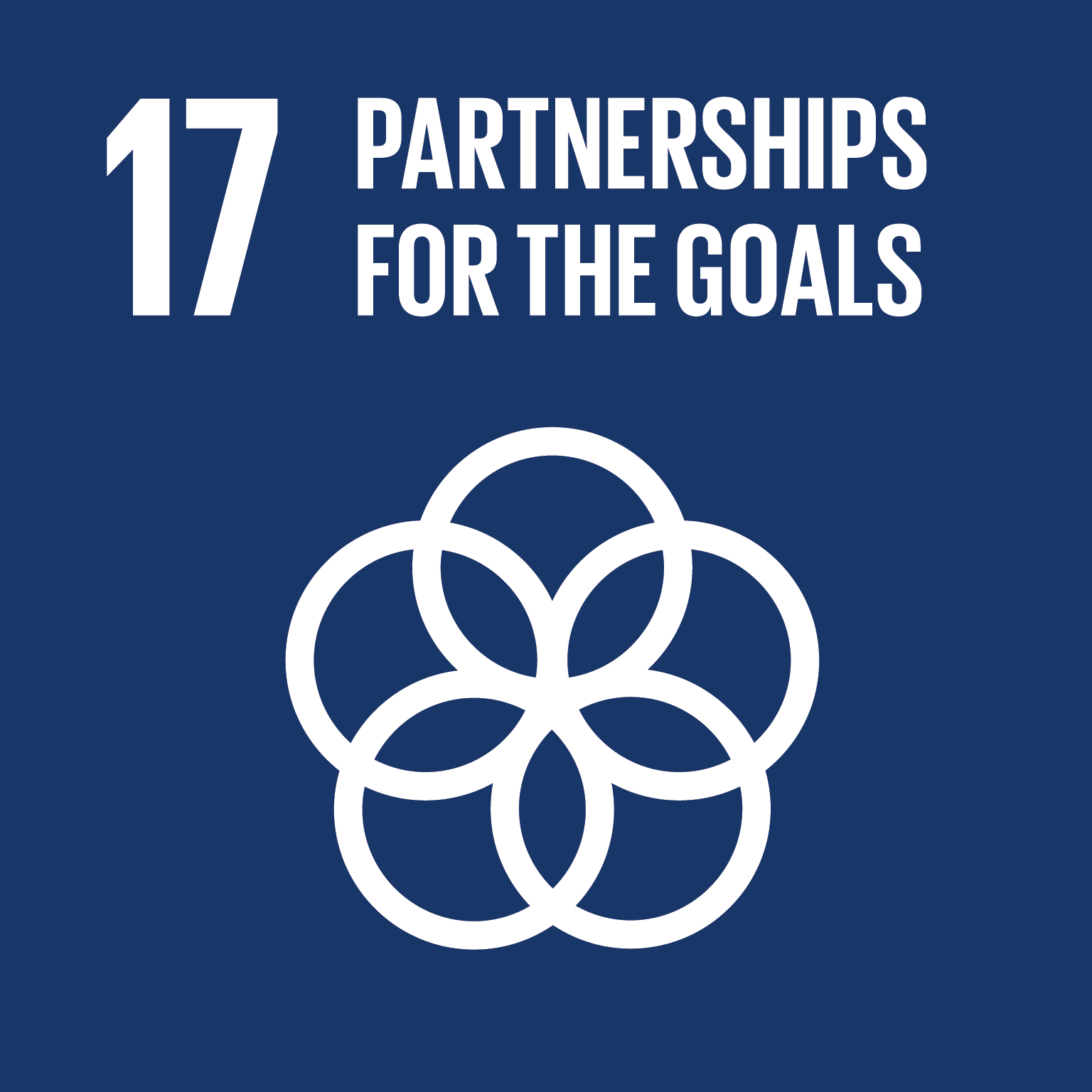Animation in Cambodia is a project delivered jointly with the NGOs FutureSense & Challenges Abroad.
Via RMIT Global and New Colombo Plan (NCP) funds we send students to Cambodia (Battambung) to teach underprivileged children about animation and creativity in general. This teaching helps provide primary aged children a full days education instead of the normal half day that the Government provides.
The first group of students were sent to Cambodia in 2017 and to date 30 RMIT students have travelled to Cambodia to complete the program. It has been a successful project to date - extending the act of creative education into communities not normally accessing such education. Outcomes include increased high school matriculations and graduations. A virtual studio was founded in 2022 enabling the project to continue remotely that extended the brief to help serve the NGO in its local activities. This project allowed RMIT students to create digital content to help the partner Cambodian NGOs to teach basic wellbeing and health within to primary aged children.
Project timeline: Ongoing (2017-Present)
Key contributors: Mark Lycette, Helen Dickson and Rebecca Hayes
Find out more: Challenges Abroad website
This project addresses the following Sustainable Development Goals and Targets:
4.7 By 2030, ensure that all learners acquire the knowledge and skills needed to promote sustainable development, including, among others, through education for sustainable development and sustainable lifestyles, human rights, gender equality, promotion of a culture of peace and non-violence, global citizenship and appreciation of cultural diversity and of culture’s contribution to sustainable development
8.6 By 2020, substantially reduce the proportion of youth not in employment, education or training
17.6 Enhance North-South, South-South and triangular regional and international cooperation on and access to science, technology and innovation and enhance knowledge-sharing on mutually agreed terms, including through improved coordination among existing mechanisms, in particular at the United Nations level, and through a global technology facilitation mechanism

Get in touch
For more information or to discuss partnership and collaboration opportunities, email us at SDGs@rmit.edu.au.
For more information about RMIT’s sustainability commitments and activities visit www.rmit.edu.au/sustainability





